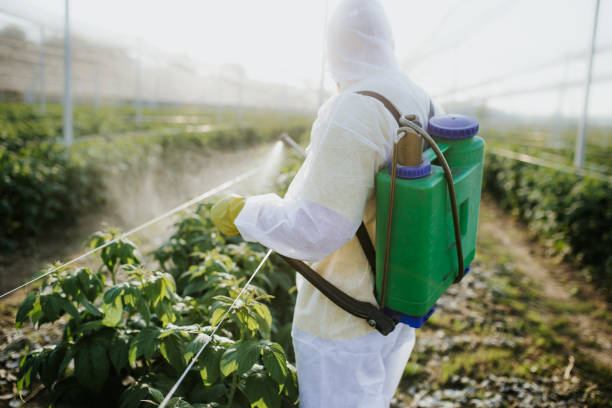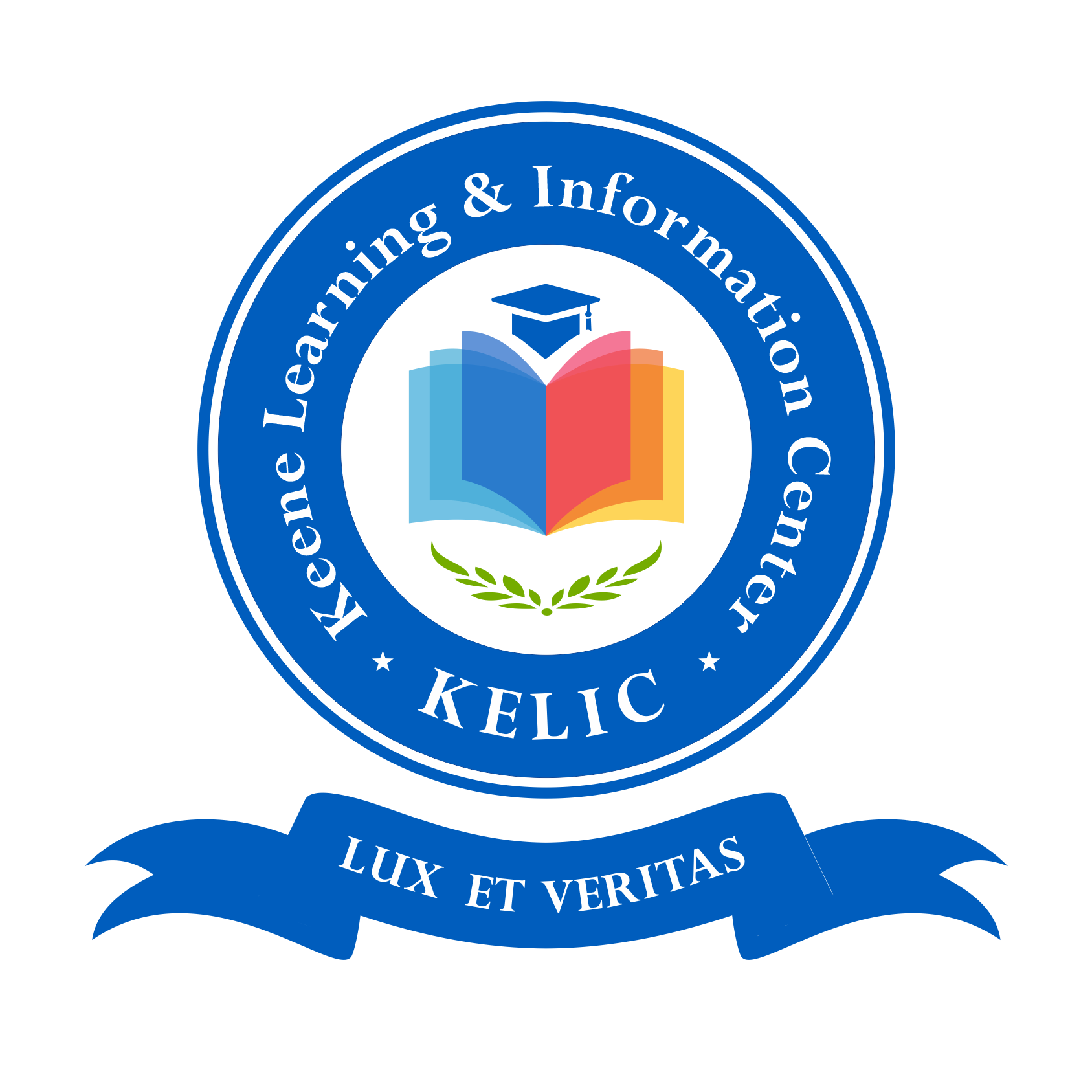
Pesticides and Food Safety – Murdering Tomorrow Today
- Pesticides Everywhere!
Whether at home, restaurants, pubs, workplace, school/daycare centers, markets or on the farm, largely, the food we consume have traces of chemicals. In Nigeria, domestic and occupational exposure to pesticides is enormous. Synthetic chemicalshave found wide application in homes, on farms, lawns and gardens in a determination to improve on quality of life, and food safety and security. From planting to harvest seasons, variety of chemicals are used to repel pests. Unwittingly, toxicity is initiated and heightened in our bodies and the environment with hazardous implications on health of humans and ecosystems. The level of exposure of children, women and other members of rural and urban communities is unprecedented and largely unattended. Presence of pesticides on pets, and in water, soil and air creates synergistic hazard when calculated with the quantity ingested with food. Generally, awareness of the presence of pesticides is justified by traditional hygiene and precaution like washing, sometimes with table salts to get rid of chemical compounds, processing, longer shelf life, freezing and long cooking. Yet a very important question is, to what extent are such treatments a reliable prevention or therapy of toxicity?
Fruits and vegetables (FVs) are sometimes consumed without washing. Disease no dey kill African attitude and lifestyle increase toxicity in foods in Nigeria. We, Nigerians/Africans, believe that we have immunity against effects of chemicals. This belief has resulted in emergence of a culture of eating without washing even our hands. We forget that most cashew, mango, soursop and other fruits are sprayed fungicides and different pesticides to make them more appealing in the market. Other reasons for spraying are to improve production, quantity and quality, and for preservation. Sometime we wash and for some people, it is a routine that has accompanied some discipline. Unfortunately, washing FVs with water is not adequate to get rid of stubborn pesticides. In addition, systemic pesticides are formulated differently, to kill pests by working ‘in’ the plant tissues and not ‘on’ parts of a plant. In other words, systemic pesticides cannot be eliminated by washing because the compounds translocate within plant tissues. Persistent nature of pesticides and reinforcements inside and outside of plants results in chemical residues found in guts of humans and other animals. What’s more, residues have been analyzed from tubers, stems and leaves, breast milk and baby foods (formula), indicative of a chain of generations of people living in/with toxicity. Pesticides is everywhere in Nigeria, and would remain for a long time, even if immediate actions are taken!
- What is Nigeria’s Situation of Pesticides Usage?
Since late 20th century, the Department of Preventive and Social Medicine, College of Medicine of University of Ibadan has raised concern on health effect of use of pesticides but Nigeria’s response to this call is nominal [1]. Of course prior to this time, other individuals and groups have done their bit. In November 2021, Alliance for Action on Pesticides in Nigeria, AAPN, presented a disturbing report on use and regulation of pesticides in Nigeria. AAPN stated that Nigeria is a large consumer of chemicals that are termed hazardous and banned by EU and other authorities. According to the group, Nigeria has 25 registered products that are carcinogenic, 63 mutagenic and 47 are endocrine disrupting[2]. While carcinogens are substances, organisms or agents prone to trigger cancer, mutagens tend to permanently change genetic constitution, for instance DNA, of organisms and interfere with endocrine system. These tendencies cause cancers, birth defects and other disorders that increaseburden of disease in the country.
In Nigeria, street vendors, farmers’ markets, malls and online markets like Jumia, Jiji, Konga and Ubuy sale a wide range of pesticides. So they are readily available for purchase without rules and regulations. Pesticides are also relatively affordable in the neighborhood of N1500 and N 54 000 depending on market forces and most importantly quantity. The chemicals are in scary generic names like Sniper DDVP, Sharp Shooter, Gladiator DDVP, Dress Force, DD Force, Tree and Shrub Systemic Insect Drench, Worm Force, Zero Pest, Caterpillar Force, Perfect Killer, Force Up and Lara Force. Based on categories, pesticides and adjuvants (additives that enhance desired properties of chemicals) from different manufacturers basically have same active ingredients. The sub-Saharan Africa is the poorest region of the world. Interestingly, we are a major consumer of abovementioned pesticides without corresponding regulation. Nigeria’s situations is like we are not poor when it comes to consumption of pesticides. Osibanjo in 2002 reported that an average of 15 000 tons of pesticides and allied chemicals are imported from Asia into the country since late 20th century[3]. There is a significant shift from this figure this century. Ubiquitous influence of pesticide market and wide acceptability and usage is an undebatable toxicology and public health concern in this region. Our usage of pesticide is quite unsafe!
- Which Chemicals Are Safe for Food Safety and Security?
Generally speaking, no chemical is safe for consumption with food, irrespective of the quantity. WHO and regulatory agencies of individual countries have permissible or acceptable limits of pesticides that humans can come in contact with. Developed countries are relatively responsive to regulations. Nigeria and many developing nations scarcely enforce rules on toxicity. Genomic (science of genes and interactions with each other and environment) research outcomes on pesticides are scary. Pesticide interaction with, for instance DNA, results in mutation. Interference with genetic constitution are noticeable in future generations. Furthermore, cancer, diabetes, gastrointestinal disorders, fetal damage and diverse genotoxic manipulations are associated to pesticides toxicity.
To drive home this point, let’s consider an instance. On September 25, 2001, Emamectin (Emamectin Benzoate) was patented. This chemical was approved as nontoxic and found a wide use for food security. For close to two decades, a large number of pesticides in use in large volumes contain Emamectin Benzoate as an active ingredient. The sad news is that subsequent research following marketing of the product revealed that pesticides containing this compound interfere with genetic constitution of DNA with potential genetic toxicology properties and effect on human lung cells [4]. Unarguably, prognosis and diagnosis of such damages are seldom reported since advanced cellular and molecular clinical techniques are not readily available or applicable in poor countries. Permissible level of pesticide and exposure has received inadequate attention occasioning low life expectancy of Nigerians. I wish we could advocate instantly that ‘No volume of pesticides should be accepted as safe in Nigeria’.
- Who’s Most Vulnerable?
Farmers and farm workers are most vulnerable to hazardous pesticides. Till date, most farmers in Nigeria are rural poor peasants and women constitute a critical mass. Women and children record higher morbidity and mortality since paths of exposure and immunity are lower amongst this demographics, respectively. It has been observed that nursing mothers in poor communities, in addition to domestic chores, labor more on farms, lawns and gardens to fend for their families. Such informal occupational exposure, without safety measures, provides opportunities for ingestion of contaminated foods while on fields that are sprayed with pesticides. Women feed their infants while actively applying pesticides to FVs, grains, tubers, pets, livestock and lawns. An African woman believes that to ensure safety, she must test any food she would serves her baby. To fulfil this ritual, both mother and baby ingest pesticides. In addition, pesticides are of high potency and able to remain active and transported or translocated in body system for long durations. In this process,a mother’s breastmilk is contaminated with pesticide.
Concerned about low immunity and vulnerability of children, the US Environmental Protection Agency once cancelled and restricted 270 pesticides. This scenario is far reaching testimony for Nigeria to adopt protection of most vulnerable demographics. Unfortunately, who cares? A very important questions that must precede pesticide-specific regulation and ban, as fulfilled by the US-EPA, is whether we have dusted Stockholm Convention agreements since ratification in 2004. Commonly, Nigerians lip services go beyond implementation of important agenda that other nations pursue to attain sustainability. A closer look at pesticide consumption and regulations documents reveal poor participation in legislation and enforcement. Inevitably, one concludes that a large number of Nigerian are vulnerable to pesticides exposure and attendant toxicities. The life expectancy of future generation is lowered by unconcerned today’s generation. Is this not a clear case of Murdering Tomorrow Today?
- Who are Our Regulatory Agencies and What Are They Up to?
The most important pesticides regulatory agencies in Nigeria are National Agency for Food & Drug Administration & Control (NAFDAC), Standard Organization of Nigeria (SON) and National Environmental Standards and Regulations Enforcement Agency (NESREA). Based on time, SON NAFDAC and NESREA were established in December 1971, January 1993, and on July 30, 2007. These three all have mandates ranging from regulations, in terms of quality, quantity and usage to ensuring environmental compliance through enforcement actions. In addition, Federal ministries of Health, Agriculture & Rural Development, Water Resources and Environment oversee and carry out supervisory functions and allied matters. Nigeria has a lot to offer regarding paperwork, treaties and formulation policies. Only implementation suffers. Informal markets and marketing of pesticides are clear indications of policy implementation failure, and perhaps summersault. Until policies are implemented to the later, through full enforcement, we are found wondering who pesticides regulatory agencies are and asking, what are they up to?
NGOs and Civil Society Organizations have shown great concern on toxicity triggered by pesticides. Women Environmental Programme, in 2017 worked with Women Engage for a Common Future of Netherlands to sensitize stakeholders on Stockholm Convention on Persistent Organic Pollutants (POP). POP is defined by UNEP as “chemical substances that persist in the environment, bio-accumulation through the food web, and pause a risk of causing adverse effects to human health and the environment”. This is a matter that began in Sweden in 2001 and ratified in 2004 with expectation that the global north, aka developed countries, will support and fund elimination of POP in counterpart global south, aka developing countries. Regrettably, it is close to a decade and not much has been achieved in this vein.
- How Do We Conclude this Matter?
European Food Safety Authority, EFSA, and European Chemical Agency, ECHA, have long developed a position paper based on the idea of “one substance – one assessment” to improve on assessment of chemicals toxicological properties. EFSA’s role is delivery of scientific advice by providing risk assessment of pesticides used in foods and feeds. The authority achieves this by working with relevant stakeholders, including European Parliament, as technical partners. Similar regulatory and enforcement mandates are carried out by EPA in the US and Antarctica; Pest Management Regulatory Agency, Canadian Food Inspection Agency and Provincial’s Department of Environment in Canada; Australian Pesticide & Veterinary Medicine Authority; Southeast Pesticide Regulatory Compliance (eg Thailand); South American Pesticide Regulatory Compliance (eg Argentina); Middle East Pesticide Regulatory Compliance (eg Egypt) and African Pesticide Regulatory Compliance (eg Kenya). NAFDAC, NESREA and SON are poised to lower, and ultimately utterly ban, use of hazardous pesticides. As a big brother and giant of Africa, Nigeria achieving elimination of pesticide will provide leadership in African Union for sub-Saharan Africa to exit a public health quagmire.
Local physicians, especially public health experts and practitioners are concerned about food safety. In commemoration of Food Safety Day of 2021, physicians of Nigerian Institute of Medical Research, NIMR, advocated screening of food handlers to reduce food poisoning and contaminated foods. NIMR declared that, WHO has publicized that 10% of people fall ill as a result of foodborne diseases. Children below five years are most affected, out of 420, 000 deaths above 33% are children. Professor Stella Smith of NIMR also alerted Nigerians that more than 200 diseases are caused not only by parasitic microorganisms but also by chemical substances. If such advocacy is heightened regularly and much more during Food Safety Day, individuals and groups will be educated to act.
Individuals, families and communities also have opportunities to provide health education on pesticides in foods killing Nigerians. Nigeria is a very religious country, huge numbers of churches and mosques are tremendous platforms for campaign and awareness on hazards of use of pesticides. Individual action is of eminence too. Each One Teach One is an African proverb of great relevance and fits this African situation. Also, when Each One Teach Two Learn, is a strategy to waging and winning wars – fighting local issues globally and global issues locally. The need for each one to educate one, on daily basis, the impact of pesticides in Nigeria, is paramount given the rate of consumption and current burden of diseases soaring unabated in the country. We must therefore conclude this matter by starting a war against unregulated use of pesticides.
Thank you
[1]Pesticide Usage and Poisoning in Nigeria https://journals.sagepub.com/doi/abs/10.1177/146642408610600510?journalCode=rshd
[2]https://www.premiumtimesng.com/news/headlines/497623-nigerian-farmers-using-large-amount-of-toxic-pesticides-banned-in-eu-report.html
[3]Implications of Pesticide Usage in Nigeriahttps://www.ajol.info/index.php/tfb/article/view/85033
[4] Toxic Effects of the Emamectin Benzoate exposure on cultured human bronchial epithelial (16HBE) cells

